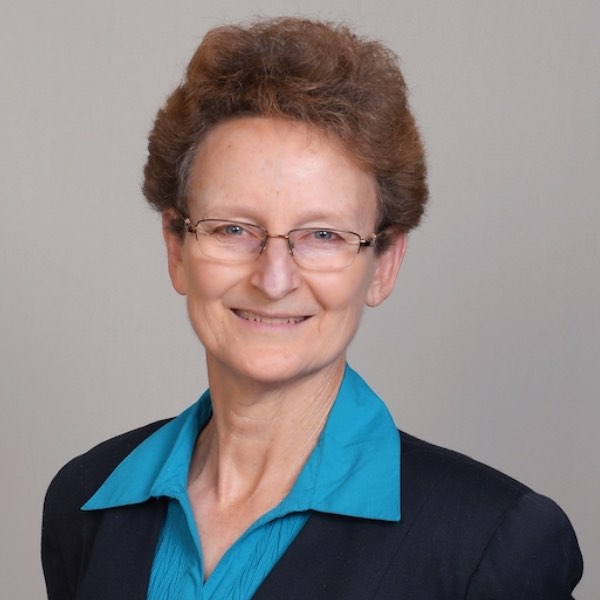Alleys have a reputation for being places to avoid. We may think of them as dangerous, dark, uninviting, places where you do not want to linger for long, if at all.
But alleys are experiencing a dramatic makeover, turning them into environmentally friendly places with permeable hard surfaces replacing solid asphalt, and with greenery, places to sit and artwork on the walls.
Instead of avoiding them, people flock to them, to enjoy them as pleasant public spaces where concerts are held, or where vendors and food trucks pop up on weekends.
They are called green alleys and that’s what we’re talking about in this edition of Mothering Earth.
Play podcast

Lisa is an environmental engineer with over 30 years of experience in waste and stormwater management. Her Bachelors degree is in Environmental Science and her masters in Environmental Engineering. She is a professional engineer but leans to the science side of things as well.
Lisa has had her own business, EAEnvironmental Co for 7 years. She has one employee, and they do stormwater inspections for construction sites, for built green infrastructure sites and for traditional detention and treatment ponds.
Her passion is nature-based infrastructure (also called green infrastructure and low impact development) because it is a method to work with stormwater that mimics nature. She wants to spread knowledge about this method of stormwater management and demystify it’s use, so we can gain the benefits of returning to a more natural way to manage stormwater.

Aspen is Watershed Services Program Coordinator, The Meadows Center for Water and the Environment, Texas State University.
Born and raised in Central Texas, Aspen was pulled to the outdoors through sports at a young age and never looked back. Starting in 2012, San Marcos became her home away from home when she began her college career at Texas State University.
Aspen has earned a B.S in Geography Resource and Environmental Studies, an M.S. in Sustainability Studies, and certifications in Geographic Information Science, Water Resources Policy, and Environmental Interpretation, all from Texas State University.
In 2015 Aspen landed a student worker position at The Meadows Center for Water and the Environment, which later grew into a full-time position. In her current position, she serves as the Watershed Services Program Coordinator where she oversees the Upper San Marcos River Watershed Protection Plan, the Trash Free Texas program, and the Texas Stream Team Community Science program. In her spare time, Aspen enjoys spoiling her pup, hiking, foods, and traveling.
Check Mothering Earth on your favorite podcast platform using the links below. For more recent programs, check out our Archives page.
Since it began in 2015, Mothering Earth has been bringing listeners informative programs on a broad range of environmental and sustainable living topics .
